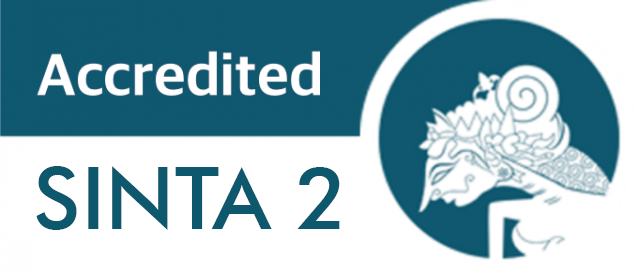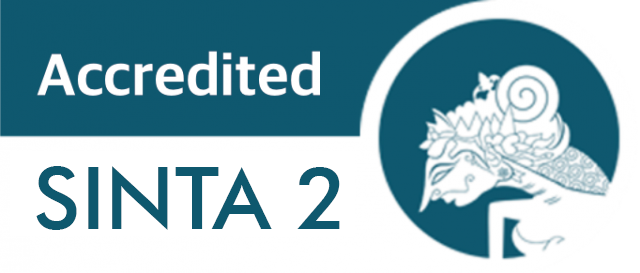Correlation Between Instagram Use Intensity With Mental Disorder On Medical Students of Pattimura University
Downloads
Backgrounds: Instagam is one of the most used social media platform, besides Facebook and Twitter, that have been used by 1 in 4 people worldwide. Social media can affect factors that establish mental health through Interpersonal, Social, and Existential models, which can lead to mental disorders. Various research indicates that there are some correlations between the uses of social media that affects mental health. It had been found that Instagram have the most negative impact in mental health compared to other platforms.
Aims: To describe the correlation between Instagram use intensity with mental disorder on medical students of Pattimura University.
Methods: This is an analytical study with cross sectional design. The collected samples were 317 students using total sampling on Faculty of Medicine Pattimura University from entry year 2015 until 2018. Mental disorder symptoms are measured by Self-Reporting Questionare-29 (SRQ-29) and Instagram use intensity by previously validated questionnaire.
Results: Correlation of Instagram use intensity with depression or anxiety on medical students of Pattimura University using Pearson Chi Square shows value = 5,117 and p = 0,024 in 0,050 significance value.
Conclusions: There is a correlation between Instagram use intensity with depression or anxiety on medical students of Pattimura University.
Keywords: Instagram, Mental Disorder, Self-Reporting Questionnaire-29
Copyright (c) 2023 Leonardo Liesay , Laura Bianca Sylvia Huwae , Sherly Yakobus

This work is licensed under a Creative Commons Attribution-ShareAlike 4.0 International License.
1. Copyright of this journal is possession of the Author, by the knowledge of the Editorial Board and Journal Manager, while the moral right of the publication belongs to the author.
2. The journal allows the author(s) to retain publishing rights without restrictions.
3. The articles are published under a Creative Commons Attribution Share-Alike (CC BY-SA) license. Many research funding bodies prefer the CC BY-SA license because it allows for maximum dissemination and re-use of open access materials. Users are free to share (copy, distribute, and transmit) and remix (adapt) the contribution under this license, including for commercial purposes, as long as they attribute the contribution in the manner specified by the author or licensor.




























